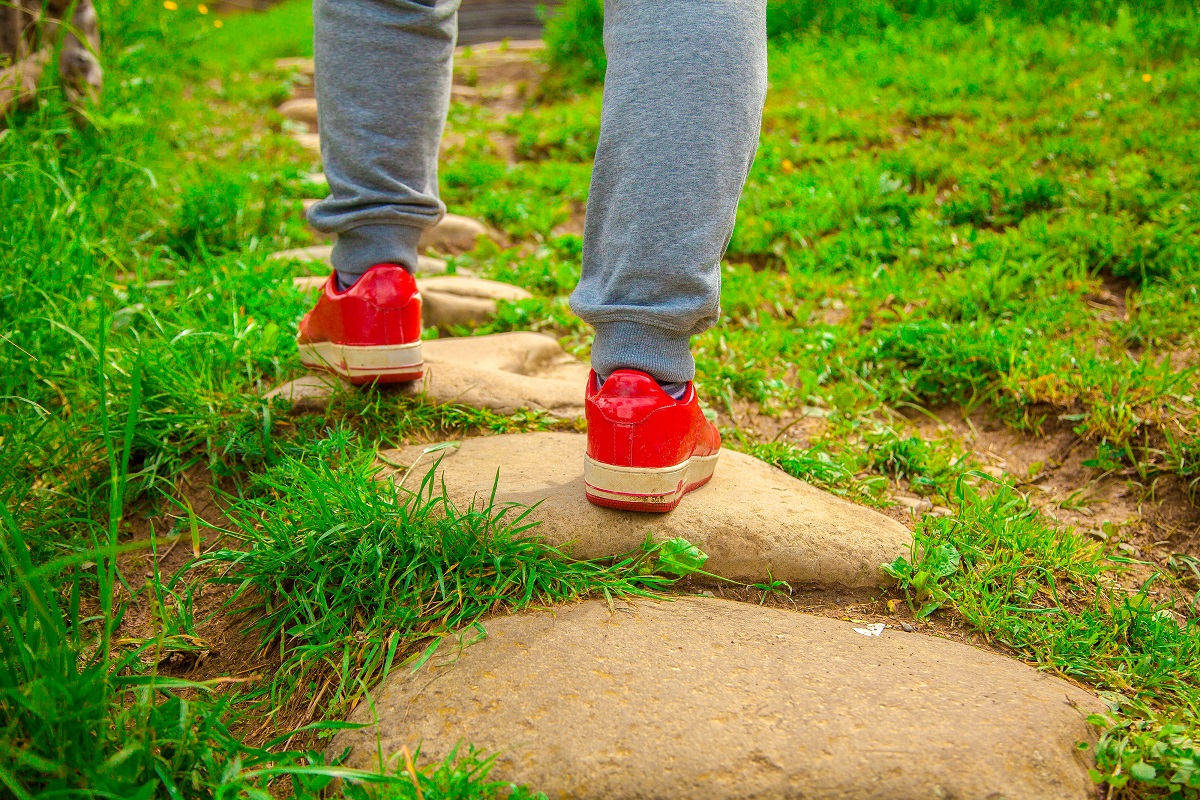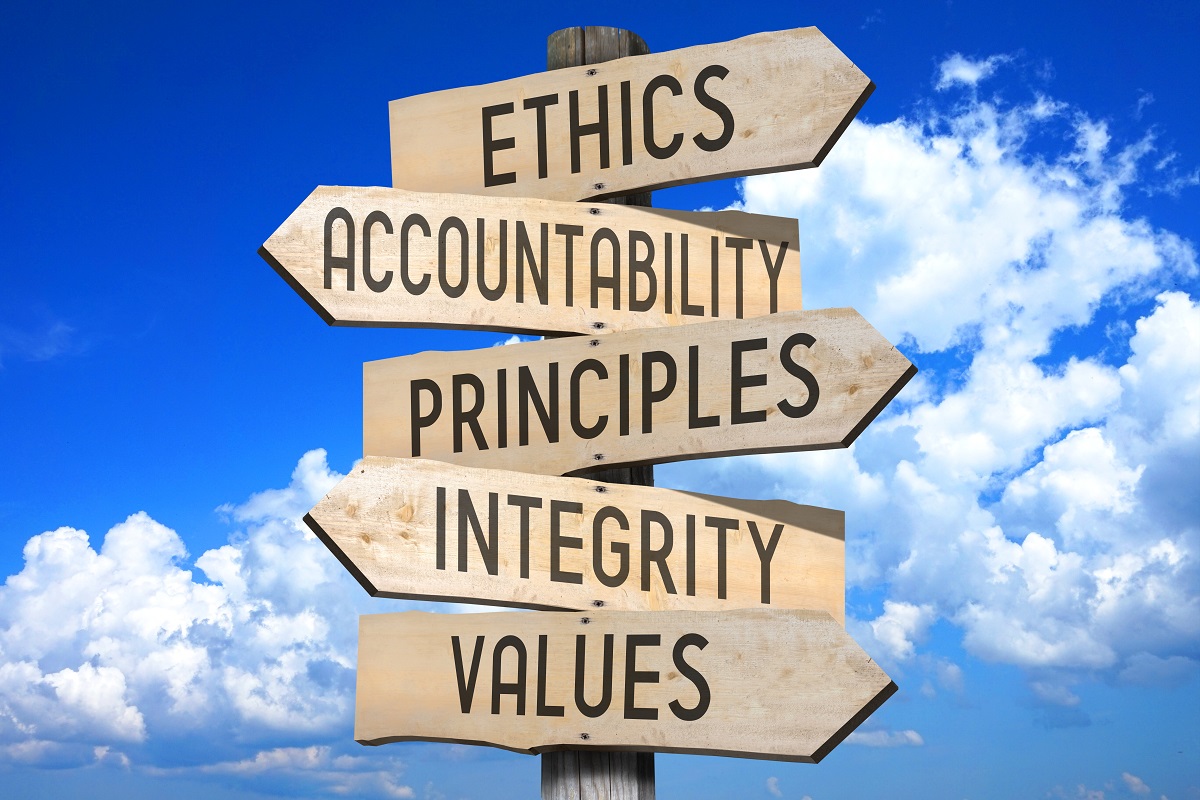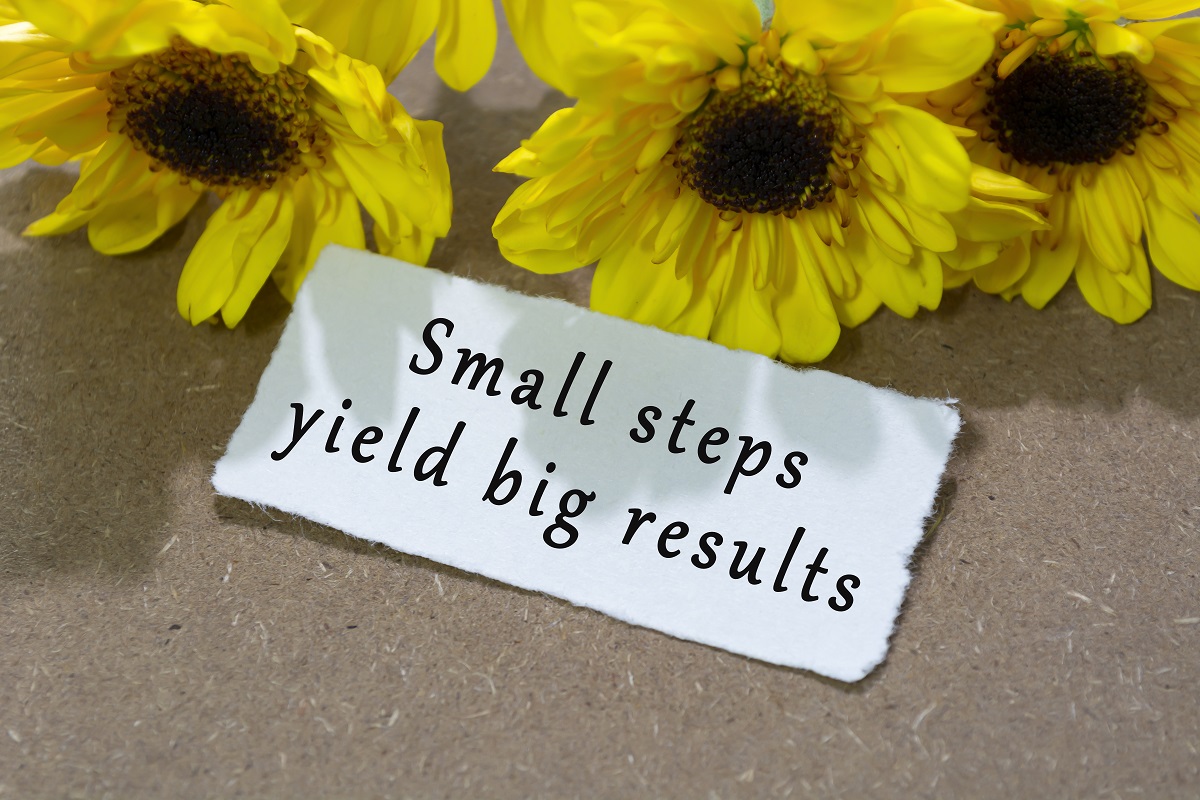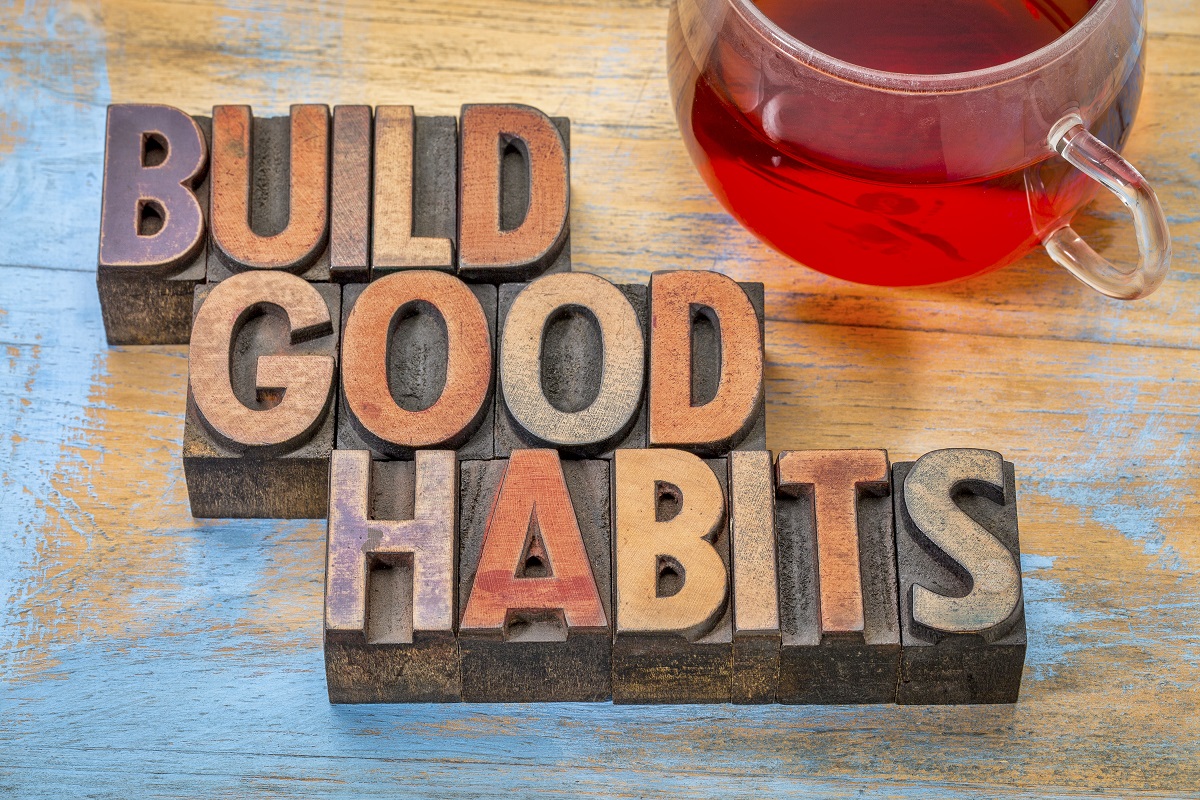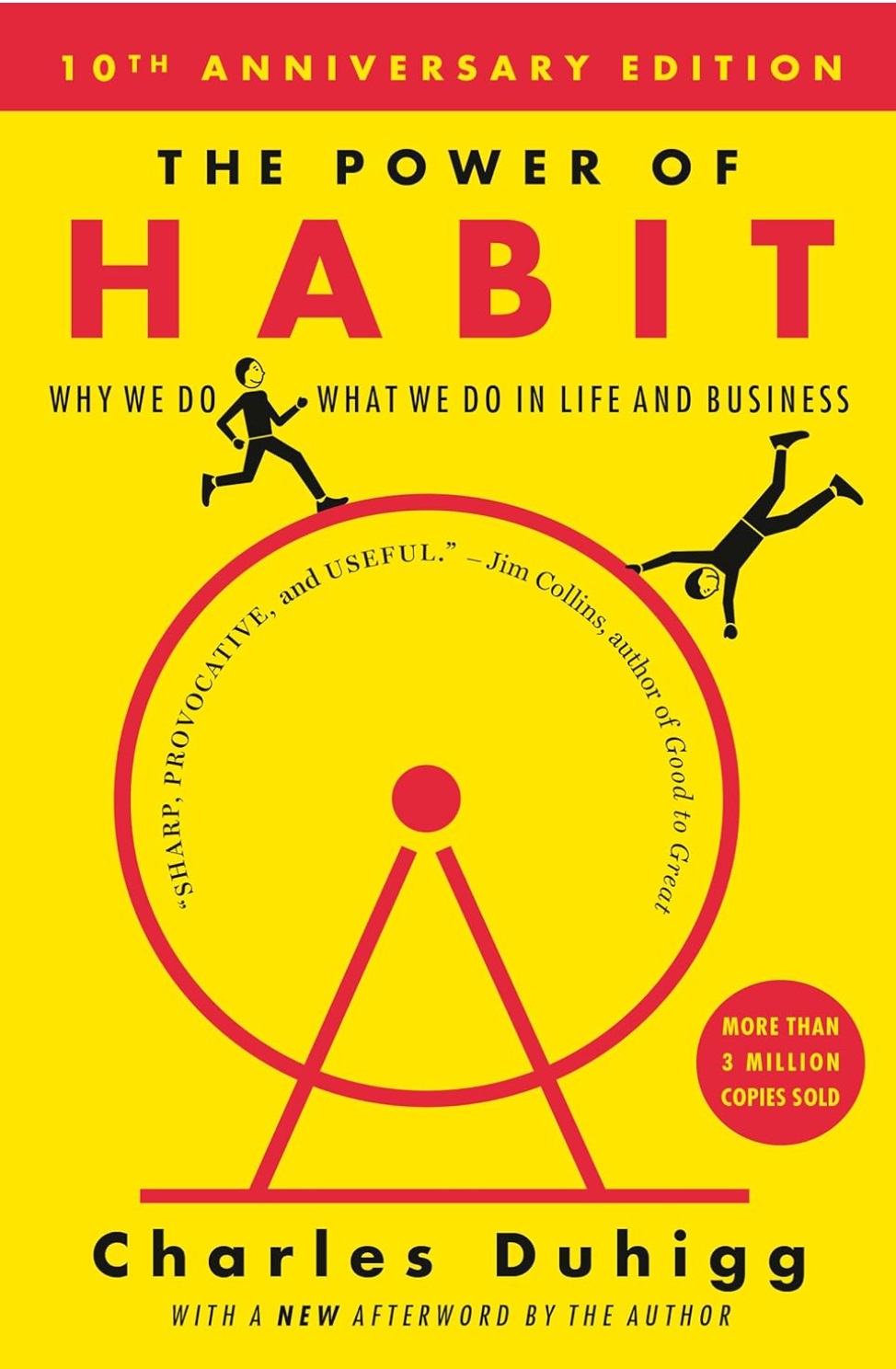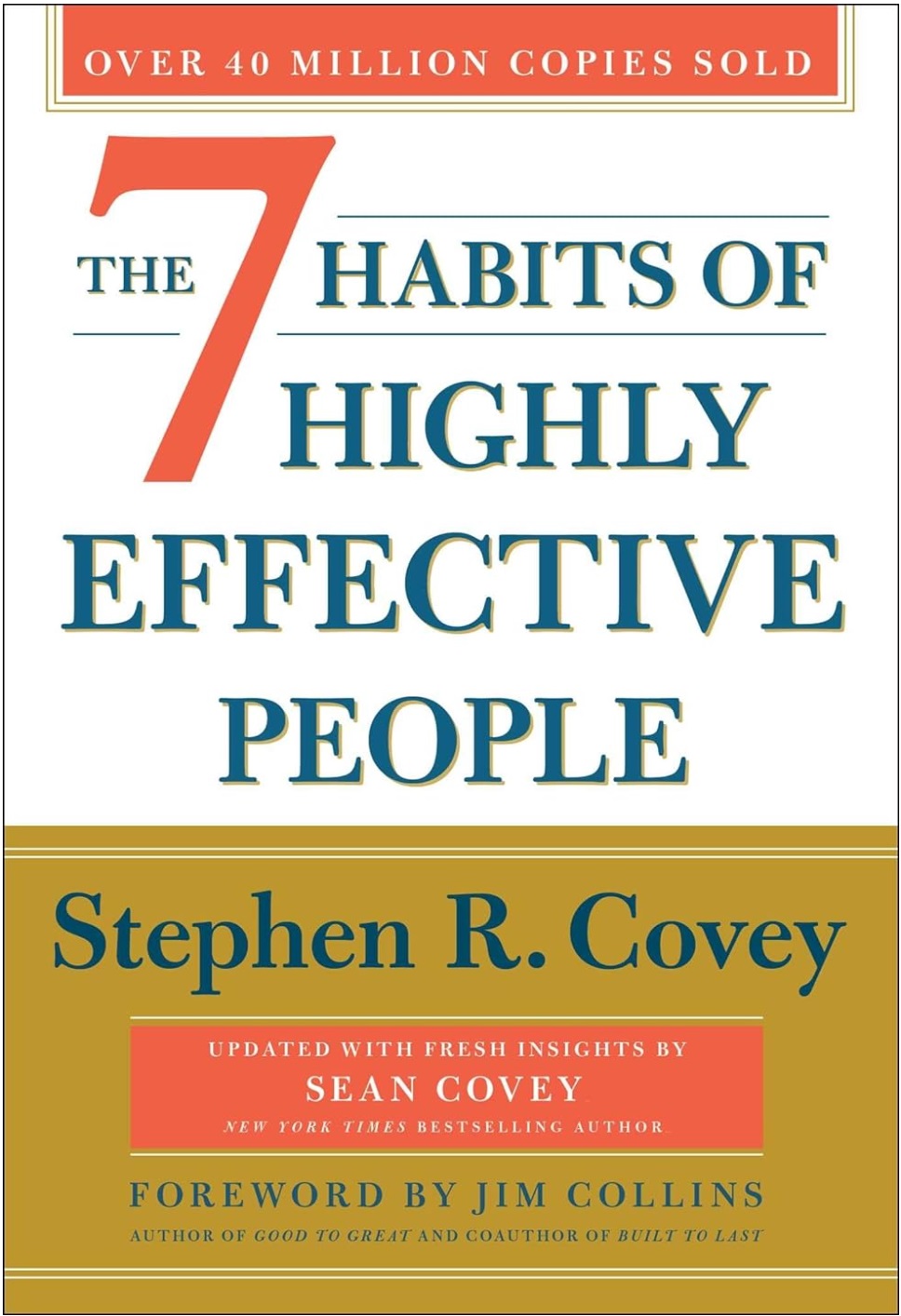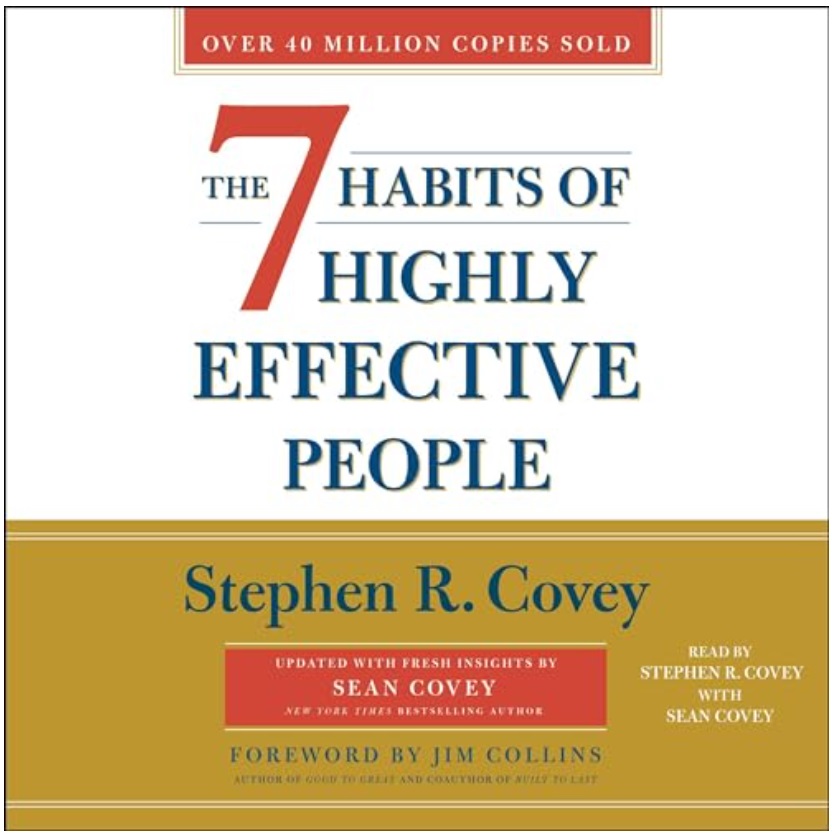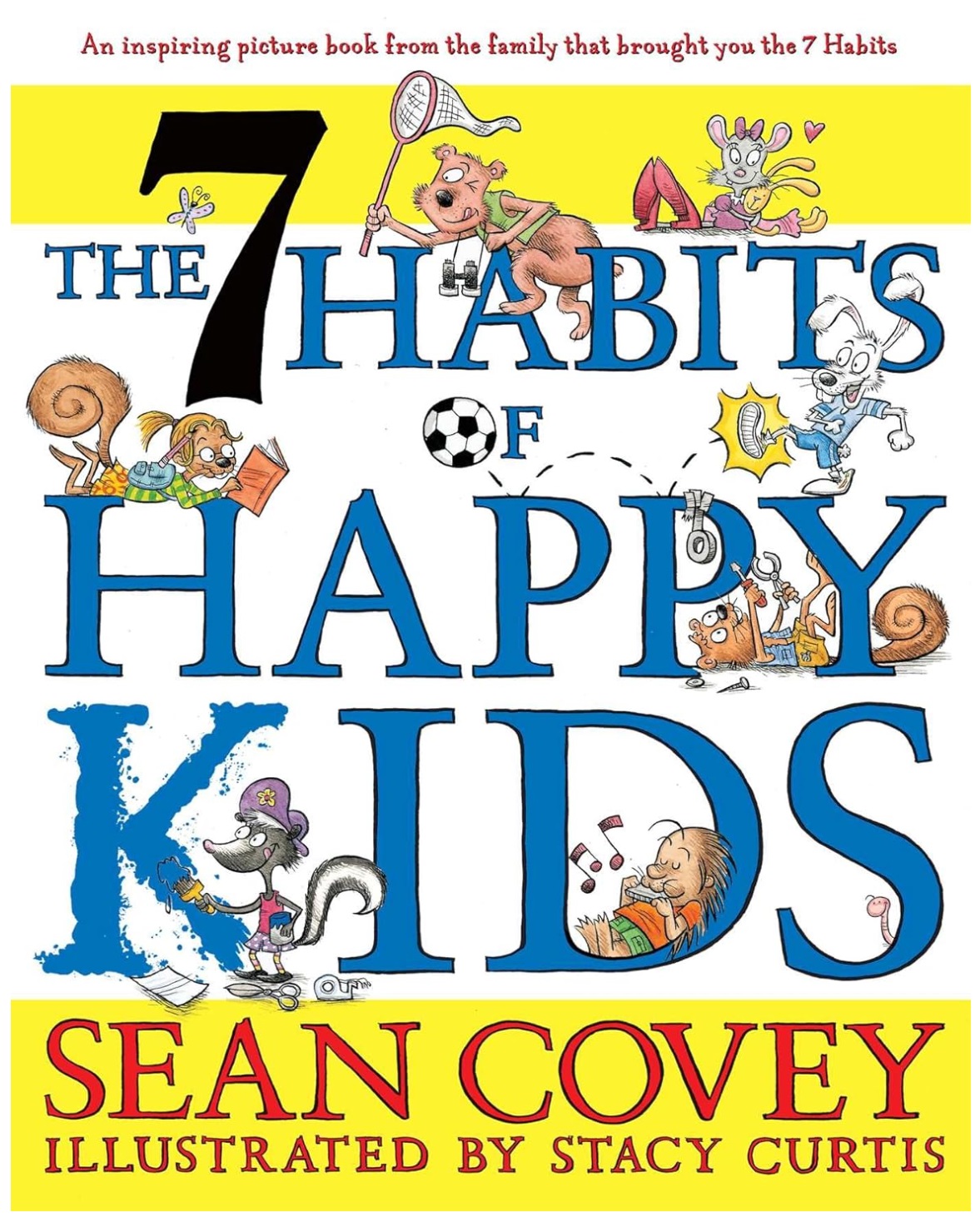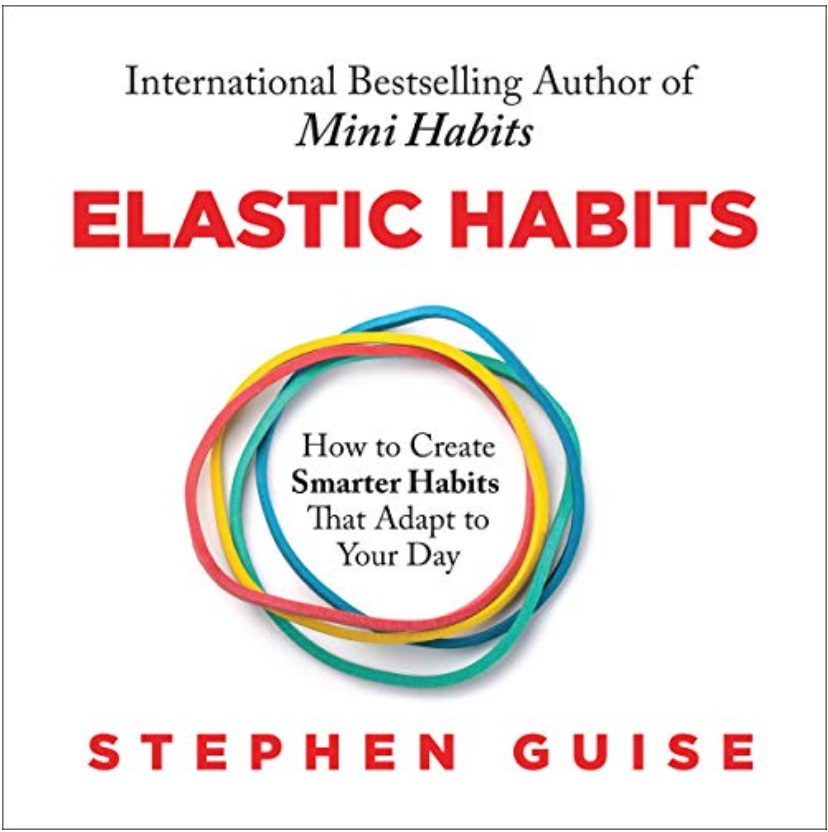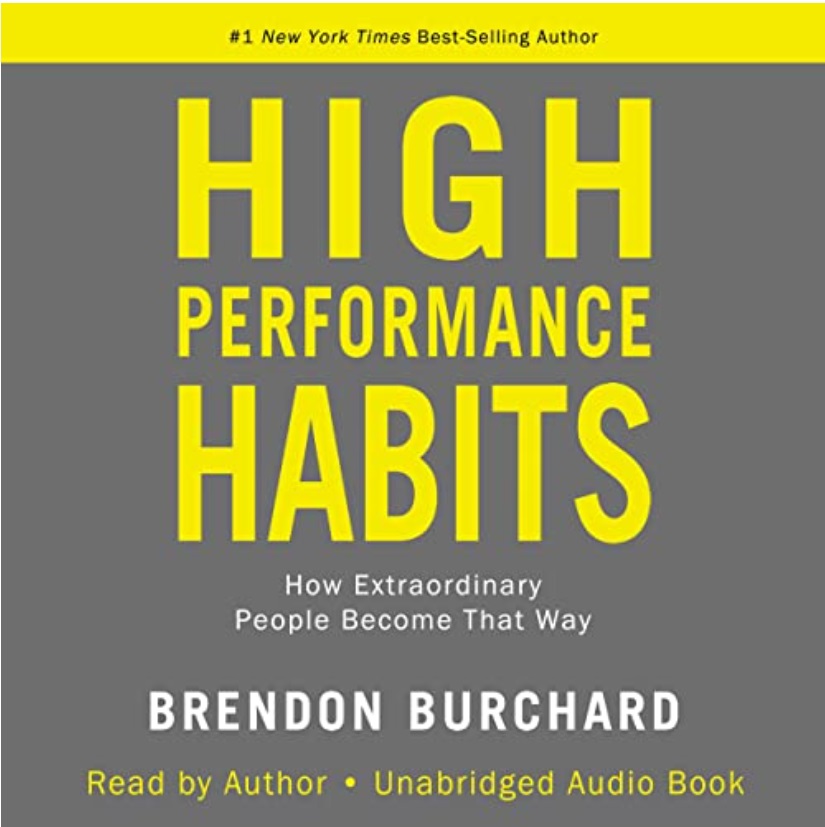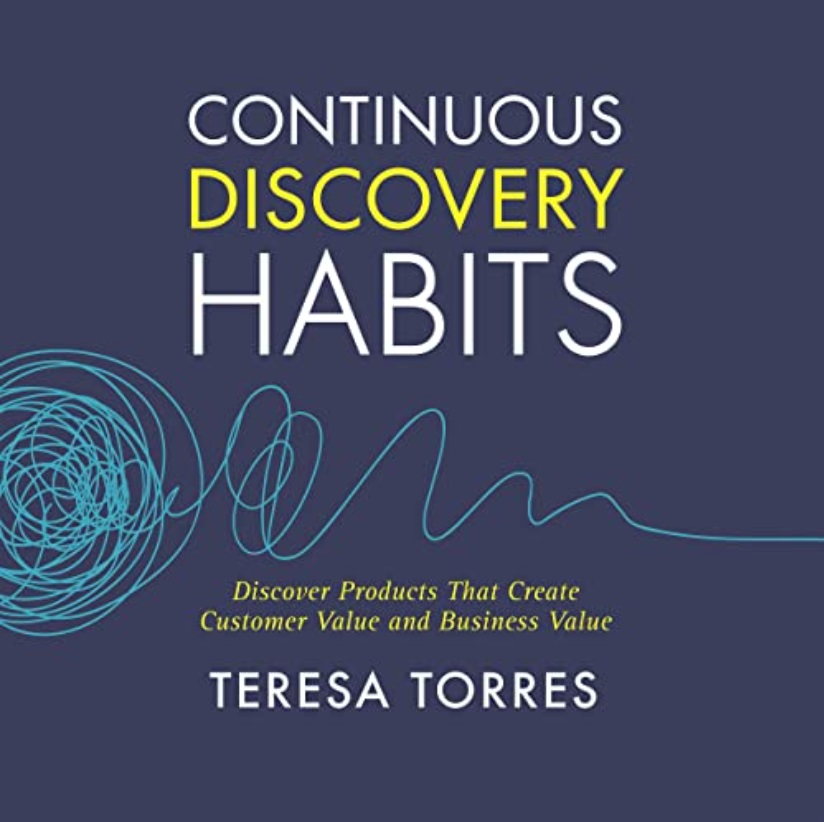- KEY POINTS
- Track and monitor your credit report regularly to identify errors, prevent identity theft, and improve your credit score.
- Pay bills on time and keep credit utilization low to maintain healthy credit and unlock financial opportunities.
- Use credit responsibly by spacing applications and diversifying your credit mix to build a solid financial foundation.
Building strong credit might seem complicated at first, but it really comes down to developing a few simple, consistent habits. Whether you’re just starting out or trying to repair past mistakes, improving your credit is completely doable with the right strategies. I’ve learned through personal experience that tracking your credit report, paying bills on time, and keeping your credit usage low can make a big difference over time.
In this post, I’ll share the specific steps that helped me build better credit and avoid common pitfalls. From catching errors early to planning for large expenses, these habits have made managing my finances feel less stressful and more empowering. If you’re ready to take control of your credit and unlock new financial opportunities, these tips will give you a strong foundation to start from.
Table of Contents
ToggleUnderstand Your Credit Report
Learn What’s Inside
The first step to building good credit is understanding what your credit report contains. I used to ignore mine, assuming it was too complex to comprehend. But once I took the time to review it, I realized it’s a clear summary of my financial activity—credit accounts, payment history, and balances.
Your credit report is like a financial report card. Knowing what’s in it helps you identify areas to improve. For example, I once found an old account marked as unpaid that had been settled years ago. Disputing and correcting that error improved my credit score.
If you haven’t checked your credit report recently, it’s time to start. You’re entitled to a free report annually from each of the major credit bureaus. For more insights, visit Good Habits to Build Credit and Why It Matters.
Monitor Your Credit Regularly
One habit that’s made a huge difference for me is regularly monitoring my credit. It’s easy to forget about your credit report until you’re applying for a loan, but staying proactive allows you to catch errors or signs of identity theft early.
For instance, I once spotted a new account I didn’t recognize on my report. It turned out to be a fraudulent account, but because I caught it quickly, I was able to resolve it without lasting damage. Make it a habit to review your report at least once a year, or more often if you’re working on improving your credit.
Pay Bills on Time
The Power of Consistency
Paying bills on time is one of the simplest yet most effective ways to build good credit. I learned this the hard way after missing a few payments early in my financial journey. Those missed payments stayed on my credit report for years, serving as a constant reminder of why consistency matters.
Now, I use automatic payments for all recurring bills to ensure nothing gets overlooked. It’s a small step that ensures my payment history—one of the largest factors in determining credit scores—remains positive.
If you’re not already automating your payments, consider setting it up. Even small adjustments can have a lasting impact on your credit.
Plan for Large Expenses
For bigger bills, like medical expenses or annual insurance premiums, I break them into manageable chunks and save for them ahead of time. For example, when I knew a $600 insurance payment was due in three months, I set aside $200 each month. This approach kept me from relying on credit cards and helped me avoid late payments.
Planning ahead for large expenses is a habit that can save you from unnecessary debt and keep your credit healthy. For more budgeting tips, visit 9 Common Sense Habits for Sticking to a Family Budget.
Keep Credit Utilization Low
Stay Below 30%
One of the quickest ways I improved my credit score was by keeping my credit utilization low. This means using no more than 30% of your available credit limit. I used to max out my credit cards, not realizing how much it hurt my score. Now, I aim to keep my usage well below that threshold.
For example, if your credit limit is $10,000, try to keep your balance under $3,000. This habit shows lenders that you’re not overly reliant on credit and that you manage your finances responsibly.
If your utilization is currently high, focus on paying down balances as quickly as possible. For more strategies, explore 17 Surefire Ideas to Break Bad Spending Habits.
Pay Down High Balances First
When I started reducing my credit utilization, I focused on paying off cards with the highest balances first. This not only improved my credit score but also gave me a sense of accomplishment as I watched those balances shrink.
If you’re juggling multiple credit cards, prioritize the ones with the highest balances or interest rates. It’s a strategic way to lower your utilization and save money on interest.
Limit New Credit Applications
Be Strategic About Applying for Credit
One of the lessons I learned about building good credit is to be cautious with new credit applications. Early on, I made the mistake of applying for multiple credit cards within a short period, thinking it would increase my available credit. Instead, it resulted in multiple hard inquiries, which temporarily lowered my credit score.
Now, I only apply for new credit when it aligns with my financial goals. For instance, I applied for a rewards credit card that offered benefits like cash back on groceries and gas, which fit my spending habits. By being strategic, I’ve avoided unnecessary inquiries while still expanding my credit options responsibly.
If you’re considering applying for credit, ask yourself if it’s necessary and how it fits into your long-term goals. For more tips on managing credit wisely, check out Good Habits to Build Credit and Why It Matters.
Space Out Applications
Spacing out credit applications has been another habit that’s helped me maintain a healthy credit score. Hard inquiries can stay on your credit report for up to two years, so I make sure to wait at least six months between applications. This prevents my score from taking repeated hits and gives me time to evaluate whether new credit is truly necessary.
If you’re planning to apply for credit, set a timeline to avoid multiple inquiries in a short period. This simple habit can have a significant impact on your credit health.
Use Credit Responsibly
Treat Credit Like Cash
One of the most effective habits I’ve developed is treating my credit card like cash. Instead of viewing it as a way to borrow money, I treat it as a tool for convenience and rewards. I only charge what I know I can pay off in full each month, which has helped me avoid carrying a balance and accruing interest.
For example, I use my credit card for planned expenses like groceries and gas. At the end of the month, I pay the balance in full, ensuring I stay within my budget and maintain a positive credit history. If you’re struggling to control credit card spending, consider switching to this mindset. For more strategies, explore Habits You Should Adopt to Stop Getting into Bad Debt.
Avoid Carrying a Balance
Carrying a balance from month to month can lead to high interest charges and hurt your credit utilization ratio. Early on, I used to pay only the minimum amount due, not realizing how much it cost me in the long run. Now, I prioritize paying off my full balance each month to avoid interest and keep my credit utilization low.
If you’re unable to pay the full balance, focus on paying as much as possible. Even small additional payments can make a big difference over time.
Diversify Your Credit Mix
Balance Revolving and Installment Credit
Lenders like to see a mix of credit types, such as revolving credit (like credit cards) and installment loans (like car loans or mortgages). Early in my credit-building journey, I relied solely on credit cards, which limited my credit mix. Eventually, I took out a small personal loan to diversify my credit.
For instance, when I financed a small home improvement project, I chose a manageable loan amount and made consistent payments. This not only improved my credit mix but also demonstrated my ability to handle different types of debt responsibly.
If your credit profile is limited, consider adding a new type of credit that fits your financial goals. For more insights, visit Debt-Free Living: Good Habits for Paying Off Loans.
Don’t Overextend Yourself
While diversifying your credit can be beneficial, it’s important not to take on more than you can handle. I’ve seen friends open multiple accounts at once, only to struggle with repayments later. Instead, focus on managing your current accounts responsibly before adding new ones.
By being mindful of your credit mix and staying within your means, you can improve your credit score without unnecessary stress. For additional advice, explore 21 Tips for Developing Smart Financial Habits.
Monitor and Protect Your Credit
Regularly Check Your Credit Report
One of the simplest habits that has had the biggest impact on my financial journey is regularly checking my credit report. Early on, I discovered that being proactive helped me identify and resolve errors quickly. For example, I once found an account on my report that wasn’t mine. Catching it early allowed me to dispute it and prevent further issues.
Checking your credit report regularly also gives you a clear picture of your financial standing and helps you track your progress. You’re entitled to one free credit report annually from each of the three major credit bureaus. Make it a habit to review your report at least once a year, or more frequently if you’re actively building credit. For more tips, visit Building Good Credit Habits for Financial Success.
Protect Against Identity Theft
Identity theft is a growing concern and can severely damage your credit. To protect myself, I’ve taken several precautions, such as setting up fraud alerts and using secure passwords for online accounts. I also monitor my financial accounts regularly for any suspicious activity.
Another effective measure I’ve taken is freezing my credit. This prevents unauthorized parties from opening new accounts in my name, adding an extra layer of security. These small steps have given me peace of mind and ensured that my credit remains intact.
If you’re concerned about identity theft, consider adopting these habits to safeguard your credit. For more strategies, explore Habits You Should Adopt to Stop Getting into Bad Debt.
Stay Consistent and Patient
Credit Building Takes Time
One of the most important lessons I’ve learned about credit is that improvement doesn’t happen overnight. When I first started working on my credit, I felt frustrated by the slow progress. But over time, I realized that consistency is key. Small, steady actions—like paying bills on time and reducing credit utilization—add up to significant improvements.
For instance, when I began lowering my credit utilization, it took several months before I saw a noticeable impact on my score. But the progress was worth the patience. If you’re feeling discouraged, remind yourself that every step forward is a step closer to financial success.
Celebrate Milestones
To stay motivated, I make it a point to celebrate small wins along the way. Whether it’s paying off a credit card or raising my score by 20 points, these milestones remind me of the progress I’ve made. For example, when I finally reached a score of 750, I treated myself to a nice dinner—within budget, of course!
Celebrating your achievements, no matter how small, can keep you inspired to stay on track. For more inspiration, visit 21 Tips for Developing Smart Financial Habits.
Focus on Long-Term Financial Goals
Use Credit to Support Your Goals
Building good credit isn’t just about improving your score—it’s about creating opportunities. Whether it’s qualifying for a mortgage, securing better loan terms, or starting a business, good credit opens doors. I’ve used my credit to achieve meaningful goals, like financing a car and refinancing it later for a better rate.
When you treat credit as a tool to support your long-term plans, it becomes easier to make responsible decisions. Ask yourself how your credit habits align with your future goals, and use that as motivation to stay disciplined.
Maintain Good Habits
Once you’ve built good credit, the work doesn’t stop. Maintaining your habits is essential to ensuring long-term success. I’ve learned that consistency is the secret to sustaining good credit. By continuing to pay bills on time, keeping credit utilization low, and monitoring my report, I’ve been able to maintain a healthy score and enjoy the benefits of financial freedom.
If you’re committed to long-term financial success, stay focused on the habits that got you here. For more advice, check out Good Habits to Build Credit and Why It Matters.
Conclusion
Building good credit is about more than just numbers; it’s about developing habits that support your financial goals and give you peace of mind. From paying bills on time to monitoring your credit and using it responsibly, these practices create a solid foundation for a brighter financial future.
Remember, the journey to good credit takes time and consistency. Start small, focus on one habit at a time, and celebrate your progress along the way. Every step you take brings you closer to achieving financial success.
If you’re ready to improve your credit, take the first step today. Review your credit report, set a goal, and begin building habits that will transform your financial life. For more actionable tips, explore Building Good Credit Habits for Financial Success and the other linked posts in this guide. You’ve got this!
References
Blog Post References
- 9 Common Sense Habits for Sticking to a Family Budget
- 7 Tips to Develop Good Saving Habits
- Habits You Should Adopt to Stop Getting into Bad Debt
- Debt-Free Living: Good Habits for Paying Off Loans
- Good Habits to Build Credit and Why It Matters
- 21 Tips for Developing Smart Financial Habits
- 17 Surefire Ideas to Break Bad Spending Habits
- Why Emergency Funds Matter and How to Start One
- The Ultimate Guide to Financial Wellness


